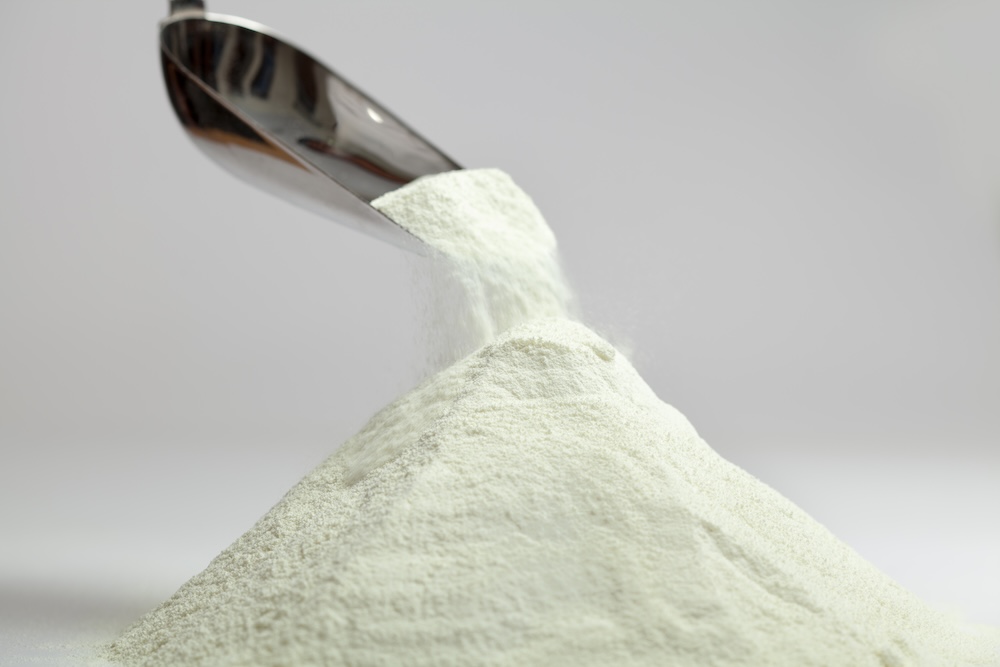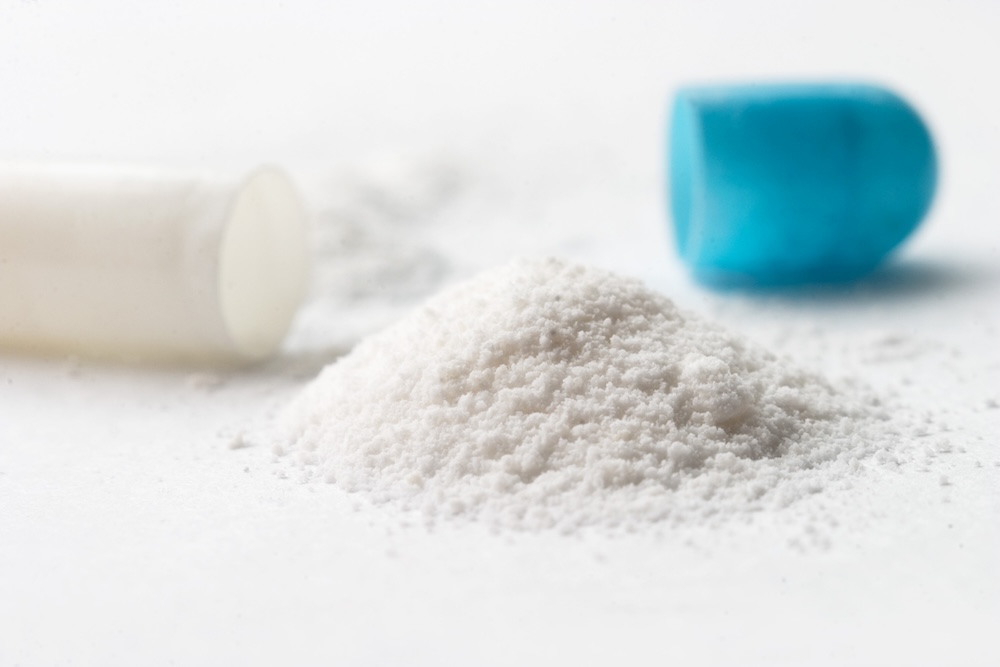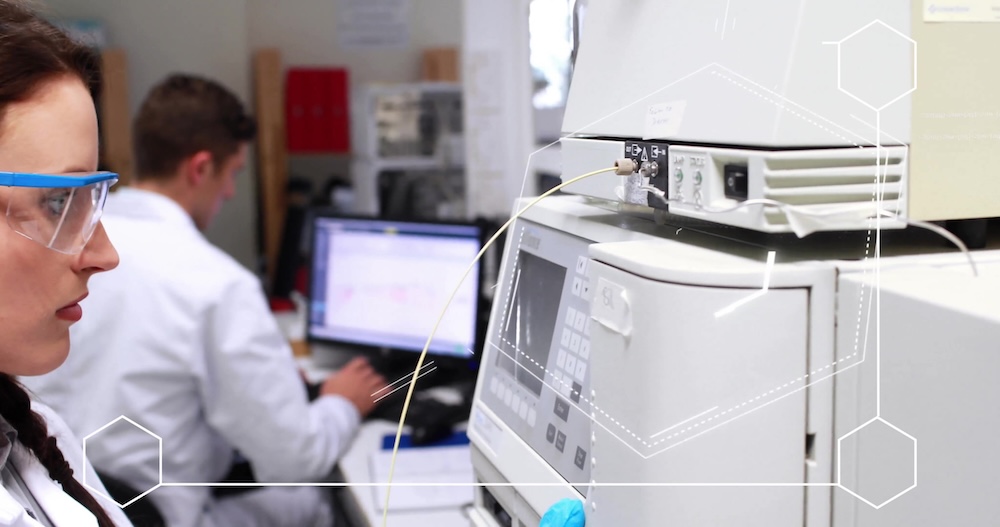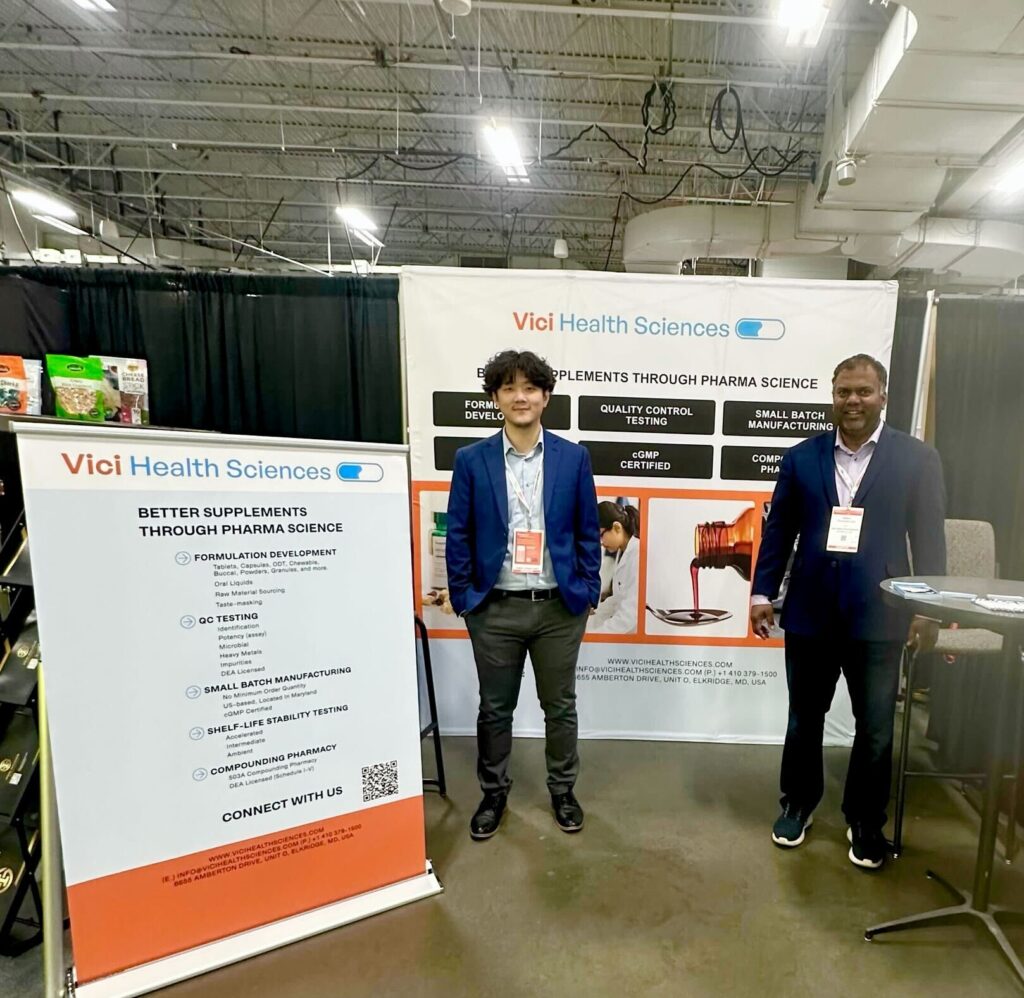In the pharmaceutical industry, CMC stands for Chemistry Manufacturing and Controls. Quality and consistency of medicines is the primary responsibility and focus of the CMC function. The FDA regulates all CMC requirements for the pharmaceutical industry, which covers all aspects of drug substance and drug product chemistry, manufacturing, and quality control (QC).
CMC consists of a variety of different disciplines and areas of expertise:
- Small scale chemical synthesis
- Scale-up and process chemistry to produce the drug substance
- Pre-formulation and drug substance characterization
- Formulation development
- Analytical method development and validation
- Clinical supplies manufacturing
- cGMP manufacturing
- Manufacturing process scale-up
- Manufacturing process controls
- Stability testing of the drug substance and drug product
- Packaging
- Quality assurance
- Quality control
- CMC regulatory requirements
Experts in chemistry, formulation, pharmacokinetics, biopharmaceutics, manufacturing, and quality assurance form part of the CMC team during drug product development and manufacturing.
Note: The term CMC does not include toxicology, pharmacology, clinical medicine, and marketing.
How is CMC related to pharmaceutical quality?
Controls are a major portion of CMC. Companies must be able to control the quality of incoming raw material, manufacturing facility equipment and staff, and the product itself. Quality does not only serve as a “final check” that companies test at the end of development. Instead, quality is built into each step from the very start of each process. It is for this reason that CMC encompasses the manufacturing and testing of both the drug substance and drug product.
When does CMC get involved in drug development?
CMC experts get involved in drug development very early in the process. Any drug molecule must first be synthesized or otherwise produced, even at very small quantities, for early-stage preclinical studies. Once the target molecule is identified, CMC plays a significant role in scaling up chemical synthesis to produce hundreds of grams and eventually kilo quantities of the drug substance, including cGMP material to support animal and early human clinical studies. All formulation development falls under the discipline of CMC and formulation scientists are at the heart of this discipline. Formulators are the hub where the spokes of chemical synthesis and API (active pharmaceutical ingredient) manufacturing, dosage form design and development, analytical method development and validation, and clinical supplies manufacturing meet. Once clinical supplies are manufactured, the stability studies of the dosage form are initiated to establish shelf life.
Upon the completion of Phase I and Phase IIa clinical trials, manufacturing process engineers must scale up the process to produce the drug product and manufacture Phase III clinical supplies and registration stability batches. Finally, upon NDA or ANDA filing and approval, the scaled-up manufacturing process is validated yet again prior to routine commercial manufacturing.
Why should pharmaceutical companies work with an expert CMC team?
Pharmaceutical companies must build their own team to include CMC experts. This is an expensive undertaking, prohibitive for smaller companies because it requires hiring senior and junior level talent in chemistry, analytical chemistry, formulation development, manufacturing process development, manufacturing technicians, quality assurance experts, and CMC regulatory compliance experts. From our experience, working with CMC consultants who already have these disciplines and the expertise or a CDMO that offers this expertise as part of drug development or manufacturing contracts is much more cost-effective for smaller pharmaceutical companies and will often yield better results.
CMC Consulting at Vici
Vici Health Sciences is dedicated to delivering expert, cost-effective solutions for your drug development programs. With our depth of knowledge in all aspects of the drug development process including formulation development, analytical testing, clinical supply manufacturing, and regulatory requirements, our team at Vici has a proven track record of successfully bringing your concept to clinic with uncompromising quality and speed. Contact us today for a consultation with our CEO on your specific program.






